What treatment
10+ Highly Rated Preimplantation Genetic Diagnosis PGD Clinics in Mexico
Reach Out to These Certified Preimplantation Genetic Diagnosis PGD Clinics List in Mexico Loved by Patients!
IVF Clinic in Mexico ViaFERT Culiacan
Overview
ViaFERT is one of the best fertility clinics in Mexico, located in Culiacan. Expert IVF, ICSI, IUI, egg donation, and genetic testing. Book your consultation today.
Read more details
Centro de Fertilidad del Prado
Overview
Del Prado Fertility Center, recognized as one of the best fertility clinics in Tijuana, Mexico, provides advanced fertility treatments, personalized care, and address reproductive challenges.
Read more details
Dr. Javier Piri Sarmiento - IVF Specialist in Tijuana Mexico
Overview
Dr. Javier Piri, fertility and reproductive medicine expert in Tijuana. Personalized IVF treatments to help you start your family.
Read more details
Eligen Fertility Center
Overview
Eligen Fertility Center in Gustavo Adolfo Madero, Mexico offers surrogacy, IVF, ICSI, semen freezing, IUI, and ovulation induction services.
Read more details
Discover your treatment options with a free, no-obligation quote!
Get your quote now!Fertility Beyond Borders - Dr. Felix Atondo
Overview
Discover leading IVF clinic in Tijuana, Mexico. Fertility Beyond Borders offers expert fertility solutions for your journey. Book now at PlacidWay!
Read more details
IVF Clinic in Mexico ViaFERT Mazatlan
Overview
ViaFERT is a leading IVF clinic in Mazatlan, Mexico, offering advanced fertility treatments like IVF, ICSI, egg donation, and surrogacy to help build families.
Read more details
The Fertility Center Mexico
Overview
The Fertility Center Mexico is a top IVF clinic in Tijuana, Mexico, offering advanced fertility treatments for your parenthood journey.
Read more details
Eligen Fertility Center | Spanish Profile
Overview
Eligen Fertility Center en Gustavo Adolfo Madero, Mexico ofrece servicios de gestacion subrogada, FIV, ICSI, congelacion de semen, IUI e induccion de ovulacion.
Read more detailsDiscover your treatment options with a free, no-obligation quote!
Get your quote now!FertilyLife
Overview
Discover FertilyLife, the premier IVF Treatment Center in Cancun, Mexico. Offering surrogacy, egg donation, ICSI, embryo cryopreservation and more.
Read more detailsMedica Fertil
Overview
Medica Fertil provides best IVF Treatment in Queretaro, Mexico. Book online now IVF with Gender Selection, In Vitro Fertilization, and Intrauterine insemination at Medica Fertil.
Read more detailsCGYRA
Overview
Located in Acapulco, Mexico, CGYRA is a fertility center led by Dr. Manuel Medina Carreón, Gynecologist-Obstetrician Certified by the Society of Gynecology and Obstetrics.
Read more detailsCitmer Center for Technological Innovation and Reproductive Medicine
Overview
The Center for Technological Innovation and Reproductive Medicine Citmer, located in Mexico City, Mexico, is a fertility clinic authorized by Cofepris and equipped with state-of-the-art technology.
Read more detailsConsultorio Privado
Overview
Consultorio Privado in Merida, Mexico provides expert women's care, fertility solutions, comprehensive obstetrics, and advanced gynecological treatments.
Read more detailsDR CIGUENA FERTILITY CENTER
Overview
DR CIGÜEÑA FERTILITY CENTER in Mexicali, Mexico specializes in Infertility and Reproductive Medicine and offers the best-assisted reproduction treatments for those who wish to conceive and had difficulty achieving it.
Read more detailsFertilidad Integral
Overview
Discover Mexico City's leading IVF fertility clinic. Fertilidad Integral offers premier treatment with compassion and expertise. Book your consultation today!
Read more detailsGEMEDS Mexico, Grupo Enlaces Medicos
Overview
GEMEDS Mexico, Grupo Enlaces Medicos is the best medical center for the fertility treatment in Cancun, Mexico. You can get best treatment for In Vitro Fertilization (IVF), Intracytoplasmic sperm injection (ICSI), IVM - In Vitro Maturation at GEMEDS Mexico, Grupo Enlaces Medicos. It is time to find and compare your treatment options here.
Read more detailsHestia Fertility
Overview
Discover expert fertility care at Hestia Fertility in Juarez, Mexico. Personalized treatments, advanced labs, and compassionate support await you.
Read more detailsInovavita Fertility Clinic
Overview
Inovavita Fertility Clinic in Mexico City, Mexico, offers Reproductive Medicine services in Women's Health and Fertility treatments, which range from Gynecology to Reproductive and Genetic Medicine.
Read more detailsIREGA Acapulco
Overview
IREGA IVF Acapulco is a leading clinic in Mexico offering reproductive health and infertility treatment solutions for local and international patients. Their key treatment procedures include IVF, artificial Insemination, PGD, ICSI, Assisted Hatching, Egg Donation, Sex Selection and more.
Read more detailsPROVIDA
Overview
PROVIDA, renowned for offering the cheapest IVF options in Mexico, provides top-tier fertility treatments and regenerative medicine. It is located in Guadalajara, Tijuana and Mazatlán, Mexico.
Read more detailsWhich are the best Preimplantation Genetic Diagnosis (PGD) clinics in Mexico for fertility treatment?
Several highly-rated clinics across Mexico offer exceptional Preimplantation Genetic Diagnosis (PGD) services for fertility treatment, known for advanced technology and patient-focused care. Top choices include Centro de Fertilidad del Prado in Tijuana, Fertility Beyond Borders in Tijuana, Guadalajara, and Cancun, Fertilidad Integral in Mexico City, CGYRA in Acapulco, and Neorigen Clinic in Guadalajara and Mazatlán. These centers provide comprehensive genetic screening to improve IVF success rates and ensure healthier pregnancies.
When searching for the best PGD clinics in Mexico, patients often prioritize facilities with strong patient testimonials, experienced specialists, and state-of-the-art laboratory capabilities. Mexico has emerged as a leading destination for fertility tourism, with many clinics adhering to international quality standards while offering personalized care.
Here are some of the prominent clinics offering PGD services, based on available data:
- Centro de Fertilidad del Prado (Tijuana): This clinic is highly regarded for its advanced fertility treatments and personalized approach, boasting excellent patient recommendations.
- Fertility Beyond Borders - Dr. Felix Atondo (Tijuana, Guadalajara, Cancun): With multiple locations, this center provides comprehensive IVF and PGD solutions, receiving positive feedback for its dedicated care.
- Fertilidad Integral (Mexico City): Known for its leading IVF and fertility services, Fertilidad Integral is a patient-recommended clinic with a focus on compassionate expertise.
- CGYRA (Acapulco): This fertility center offers a range of reproductive health services, including PGD, with strong patient satisfaction scores.
- Neorigen Clinic (Guadalajara, Mazatlán): Offering advanced fertility treatments, Neorigen Clinic is recognized for its high patient recommendation rates and expertise in reproductive medicine.
These clinics are dedicated to helping individuals and couples achieve their dream of parenthood through cutting-edge genetic screening technology and supportive environments.
What credentials should I look for when choosing a PGD clinic in Mexico?
When selecting a PGD clinic in Mexico, prioritize facilities with international accreditations, such as JCI (Joint Commission International) or local certifications from COFEPRIS (Federal Commission for the Protection against Sanitary Risks). Look for clinics specializing in reproductive medicine with certified embryologists and genetic counselors, ensuring adherence to rigorous safety and quality protocols. These credentials signify a commitment to high standards in fertility and genetic screening treatments.
Choosing a clinic with the right credentials is crucial for ensuring the safety and effectiveness of your PGD treatment. Key indicators of a reputable clinic include:
- Accreditation: Look for clinics accredited by recognized international bodies or Mexican health authorities. Accreditations demonstrate a clinic's commitment to quality patient care, safety, and ethical practices.
- Specialized Expertise: Ensure the clinic has a dedicated team of reproductive endocrinologists, embryologists, and genetic counselors who are board-certified and experienced in PGD procedures.
- Advanced Laboratory: A modern embryology lab equipped with cutting-edge technology is essential for accurate embryo biopsy and genetic testing. Inquire about their lab's quality control and success rates.
- Transparent Practices: A trustworthy clinic will be transparent about its procedures, success rates, and any associated risks, providing clear information from your initial consultation.
How is Preimplantation Genetic Diagnosis (PGD) typically performed in Mexican fertility clinics?
PGD in Mexican fertility clinics typically involves an IVF cycle, where eggs are fertilized to create embryos. On day 3 or day 5/6 of embryo development, a tiny biopsy is taken from each embryo. This sample is then sent for genetic analysis to screen for specific genetic disorders or chromosomal abnormalities. Only embryos confirmed to be free of the targeted conditions are then selected for transfer to the uterus, aiming for a healthy pregnancy.
The process of PGD is a sophisticated procedure that integrates with In Vitro Fertilization (IVF). Here’s a general overview of how it's performed:
- Ovarian Stimulation and Egg Retrieval: Similar to a standard IVF cycle, the woman undergoes hormonal stimulation to produce multiple eggs. These eggs are then retrieved during a minor surgical procedure.
- Fertilization: The retrieved eggs are fertilized with sperm in the laboratory to create embryos. This can be done through conventional IVF or Intracytoplasmic Sperm Injection (ICSI).
- Embryo Biopsy: Once the embryos develop to a certain stage (typically blastocyst stage, Day 5 or 6), a highly skilled embryologist performs a delicate biopsy, removing a few cells from the outer layer of each embryo. This is done with extreme precision to minimize harm to the embryo.
- Genetic Analysis: The biopsied cells are sent to a specialized genetics laboratory for analysis. This testing can identify specific genetic mutations (PGT-M) or chromosomal abnormalities (PGT-A).
- Embryo Selection and Transfer: Based on the genetic test results, only healthy embryos (those free of the screened genetic conditions) are selected for transfer into the woman's uterus, increasing the chances of a successful and healthy pregnancy.
What types of genetic conditions can PGD screen for in Mexican clinics?
Mexican PGD clinics can screen for a wide range of genetic conditions, primarily focusing on two main categories: aneuploidy (chromosomal abnormalities like Down syndrome, often referred to as PGT-A) and single-gene disorders (PGT-M) such as cystic fibrosis, Huntington’s disease, or fragile X syndrome. They can also screen for structural chromosomal rearrangements (PGT-SR) in cases where one parent carries a balanced translocation. This advanced screening helps prevent the transmission of hereditary diseases and improves embryo selection for IVF.
PGD technology has significantly advanced, allowing clinics to screen for numerous genetic conditions. This helps prospective parents make informed decisions and reduces the risk of passing on genetic disorders to their children.
- Preimplantation Genetic Testing for Aneuploidy (PGT-A): This screens embryos for an incorrect number of chromosomes (aneuploidy), which is a common cause of miscarriage and IVF failure. Conditions like Down syndrome, Patau syndrome, and Edwards syndrome are identified through PGT-A.
-
Preimplantation Genetic Testing for Monogenic/Single-Gene Disorders (PGT-M): This testing is used when one or both parents are known carriers of a specific genetic disease. Examples include:
- Cystic Fibrosis
- Sickle Cell Anemia
- Tay-Sachs Disease
- Huntington’s Disease
- Spinal Muscular Atrophy (SMA)
- Preimplantation Genetic Testing for Structural Rearrangements (PGT-SR): This is for individuals who carry a chromosomal structural rearrangement, such as a translocation or inversion, which can lead to genetically unbalanced embryos.
What support services are generally offered by PGD clinics in Mexico for international patients?
Mexican PGD clinics understand the unique needs of international patients and typically offer comprehensive support services to ensure a smooth experience. These often include dedicated international patient coordinators, assistance with travel logistics like accommodation and airport transfers, language interpretation services, and detailed guidance on the treatment process from initial inquiry through post-treatment care. Many clinics also provide virtual consultations to facilitate planning from a distance.
For international patients, navigating medical treatment in another country can be complex, so reputable PGD clinics in Mexico strive to offer robust support:
- International Patient Coordinators: These specialists act as a single point of contact, assisting with scheduling appointments, explaining treatment plans, and coordinating all aspects of the patient's journey.
- Language Services: Most clinics catering to international patients provide English-speaking staff and, often, translation services for other languages to ensure clear communication.
- Travel and Accommodation Assistance: Clinics frequently offer help with booking flights, arranging comfortable lodging, and providing transportation between the airport, hotel, and clinic.
- Virtual Consultations: Initial consultations and follow-ups can often be conducted remotely via video calls, allowing patients to start their treatment planning before traveling.
- Visa and Documentation Support: While clinics cannot issue visas, they can often provide necessary documentation or letters to support visa applications and guide patients through required paperwork.
- Emotional Support and Counseling: Recognizing the emotional toll of fertility treatments, many clinics offer psychological support or connect patients with counselors.
How do Mexican PGD clinics ensure high quality and ethical standards in fertility treatment?
Mexican PGD clinics ensure high quality and ethical standards by adhering to national regulations and, in many cases, seeking international accreditations. They follow stringent laboratory protocols for embryo handling and genetic testing, employ highly qualified specialists, and prioritize patient safety and confidentiality. Ethical considerations, such as informed consent and counseling regarding genetic risks, are paramount, ensuring responsible and patient-centered reproductive care.
Maintaining high standards is a top priority for reputable fertility clinics in Mexico, especially when dealing with advanced procedures like PGD.
- Regulatory Compliance: Clinics operate under the regulations set by the Federal Commission for the Protection against Sanitary Risks (COFEPRIS), which oversees healthcare facilities and procedures in Mexico.
- International Accreditations: Many leading clinics pursue international certifications like the Joint Commission International (JCI), which signifies adherence to global benchmarks for quality and patient safety.
- Qualified Personnel: They employ board-certified reproductive endocrinologists, highly trained embryologists, and genetic specialists who stay updated with the latest advancements in assisted reproductive technologies.
- Strict Laboratory Protocols: PGD success heavily relies on precise laboratory work. Clinics implement rigorous quality control measures for embryo culture, biopsy techniques, and genetic analysis to ensure accuracy and minimize risks.
- Ethical Oversight: Clinics maintain ethical guidelines regarding patient selection, genetic counseling, embryo disposition, and donor anonymity, often incorporating an ethical review board.
- Patient-Centered Care: Emphasizing individualized treatment plans, open communication, and comprehensive counseling allows patients to make fully informed decisions about their fertility journey.
What is the typical timeline for a Preimplantation Genetic Diagnosis (PGD) cycle at a Mexican fertility clinic?
A typical PGD cycle at a Mexican fertility clinic spans approximately 4-6 weeks, starting from the initial consultation and ovarian stimulation. Egg retrieval and fertilization occur within the first two weeks. Embryo biopsy and genetic testing usually take 1-2 weeks for results, followed by frozen embryo transfer in a subsequent cycle, typically a few weeks later once results are available and the uterus is prepared.
The timeline for a PGD cycle can vary slightly depending on individual patient factors and clinic protocols, but generally follows these phases:
- Initial Consultation and Pre-screening (1-2 weeks): This involves thorough medical evaluations for both partners, diagnostic tests, and genetic counseling to discuss the need for PGD and outline the treatment plan.
- Ovarian Stimulation (10-14 days): Fertility medications are administered to stimulate the ovaries to produce multiple eggs. Regular monitoring through ultrasounds and blood tests ensures optimal egg development.
- Egg Retrieval and Fertilization (Day 0): Once the eggs are mature, they are retrieved in a minor surgical procedure. The eggs are then fertilized with sperm in the lab (IVF or ICSI).
- Embryo Development and Biopsy (Day 3-6): Embryos are cultured for several days. A biopsy is typically performed on Day 3 (cleavage stage) or Day 5/6 (blastocyst stage).
- Genetic Testing and Results (1-2 weeks): The biopsied cells are sent to a genetics lab for comprehensive analysis. Embryos are often cryopreserved (frozen) while waiting for results.
- Embryo Transfer (Subsequent Cycle, 2-4 weeks after results): Once healthy embryos are identified, a frozen embryo transfer (FET) is scheduled. This allows time for the woman’s uterus to be optimally prepared and for the genetic results to be finalized.
Are there specific considerations for international patients seeking PGD in Mexican clinics?
International patients seeking PGD in Mexican clinics should consider several aspects, including travel logistics, visa requirements (if applicable), duration of stay, and the need for translation services. It's also vital to understand local legal frameworks regarding reproductive technologies and ensure clear communication with the clinic about medical records transfer and follow-up care plans in their home country. Many clinics provide dedicated international patient support to streamline these considerations.
While Mexico offers accessible and high-quality PGD treatments, international patients should prepare for certain considerations:
- Travel Logistics: Planning flights, ground transportation, and accommodation in advance is crucial. Many clinics are located in tourist-friendly cities, making travel more convenient.
- Visa Requirements: Depending on your country of origin, you may need a visa to enter Mexico. Check the latest travel regulations well before your planned trip.
- Duration of Stay: A PGD cycle requires multiple visits, spanning several weeks. Patients should plan for an extended stay or multiple trips, especially if the embryo transfer occurs in a separate cycle.
- Medical Records Transfer: Ensure all relevant medical history and previous test results are properly translated and shared with the Mexican clinic before your arrival.
- Language Barriers: While many clinics have English-speaking staff, having access to professional medical translation services can be beneficial for complex discussions.
- Legal Aspects: Familiarize yourself with Mexico's laws on assisted reproduction and genetic testing, as these may differ from those in your home country.
- Follow-up Care: Discuss with your clinic how post-treatment follow-up and any necessary continued care will be coordinated with your local healthcare providers.
What success rates can I expect from PGD procedures at Mexican fertility clinics?
Success rates for PGD procedures in Mexican fertility clinics are comparable to leading international centers, often ranging from 45% to over 60% for live births per embryo transfer, depending on factors like the patient's age and specific genetic condition being screened. These clinics leverage advanced technology and experienced specialists to optimize outcomes. Patients should discuss specific clinic success rates and their individual prognosis during consultation.
The success of PGD is influenced by several factors, including:
- Patient Age: Younger patients typically have higher success rates due to better egg quality and fewer chromosomal abnormalities.
- Underlying Fertility Issues: The cause of infertility can impact overall success.
- Number and Quality of Embryos: A higher number of good-quality embryos available for testing increases the chances of finding a genetically healthy embryo for transfer.
- Type of Genetic Condition: Screening for certain single-gene disorders might have different success profiles compared to screening for aneuploidy.
- Clinic Expertise and Technology: Reputable clinics with state-of-the-art embryology labs and experienced genetic teams generally achieve higher success rates.
It is important for patients to have a realistic understanding of success rates and to discuss their individual prognosis with the clinic's specialists. Clinics often provide detailed statistics on their PGD programs, including pregnancy rates, live birth rates, and embryo implantation rates, which can be a valuable guide.
What happens during the initial consultation for PGD at a fertility clinic in Mexico?
During the initial consultation for PGD in a Mexican fertility clinic, you'll meet with a reproductive specialist and often a genetic counselor. They will thoroughly review your medical history, discuss your family's genetic concerns, and determine if PGD is the right path for you. You'll receive information about the PGD process, potential risks, and expected outcomes, along with a personalized treatment plan and preliminary cost estimates. This session aims to address all your questions and outline the next steps.
The initial consultation is a critical first step in the PGD journey, establishing a foundation for personalized care. Here's what you can typically expect:
- Comprehensive Medical History: The specialist will gather detailed information about your and your partner's health, including any previous fertility treatments, pregnancies, and family medical history.
- Genetic History Review: A genetic counselor will delve into your family's genetic background, identifying any hereditary conditions that may necessitate PGD. They will explain the specific genetic tests required.
- Diagnostic Testing: The clinic will likely order a series of diagnostic tests for both partners, which may include blood tests, semen analysis, and ovarian reserve assessments, to evaluate overall fertility health.
- Treatment Plan Discussion: Based on your medical and genetic profile, the specialist will discuss whether PGD is recommended, explain the entire IVF-PGD process step-by-step, and clarify what to expect at each stage.
- Risk and Benefit Assessment: You will be informed about the potential benefits of PGD, such as reducing the risk of genetic disease transmission and improving IVF success, as well as any associated risks or limitations.
- Financial Counseling: The clinic will provide detailed information regarding the costs involved in the PGD cycle, including medication, lab fees, and any additional services.
- Q&A Session: This is your opportunity to ask any questions or voice concerns, ensuring you feel fully informed and comfortable with the proposed treatment plan.
What is Preimplantation Genetic Diagnosis (PGD) and why is it performed in fertility treatment?
Preimplantation Genetic Diagnosis (PGD) is an advanced genetic test performed on embryos created through in vitro fertilization (IVF) before they are transferred to the uterus. It screens embryos for specific genetic disorders or chromosomal abnormalities, ensuring that only healthy embryos are selected. PGD is performed to significantly reduce the risk of transmitting inherited diseases to offspring, improve IVF success rates, and prevent recurrent miscarriages, offering hope for healthier pregnancies in families with known genetic risks.
PGD has become an invaluable tool in reproductive medicine, offering significant benefits to couples facing genetic challenges.
- Definition: PGD is a diagnostic procedure used in conjunction with IVF to screen embryos for genetic diseases or chromosomal abnormalities before implantation. It involves removing a small number of cells from an embryo and analyzing their genetic material.
-
Purpose: The primary reasons for performing PGD include:
- Preventing Genetic Disease Transmission: For couples who are carriers of a known genetic disorder (e.g., cystic fibrosis, Huntington's disease), PGD allows them to select embryos free of that specific condition.
- Improving IVF Success Rates: PGD (specifically PGT-A) helps identify chromosomally normal embryos, leading to a higher chance of successful implantation, reduced miscarriage rates, and a lower risk of having a baby with a chromosomal abnormality.
- Recurrent Pregnancy Loss: Couples experiencing multiple miscarriages, often due to chromosomal abnormalities, can benefit from PGD by selecting embryos with the correct chromosome count.
- Advanced Maternal Age: Women of advanced reproductive age have a higher risk of producing eggs with chromosomal abnormalities. PGD can help identify viable embryos, enhancing the chances of a healthy pregnancy.
- Failed IVF Cycles: For couples with previous unsuccessful IVF attempts, PGD can be used to rule out chromosomal issues as a contributing factor.












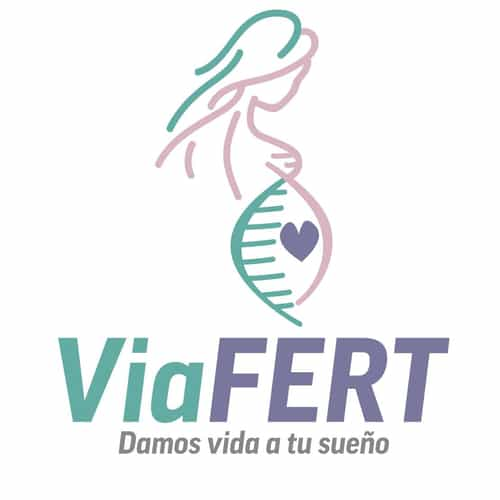
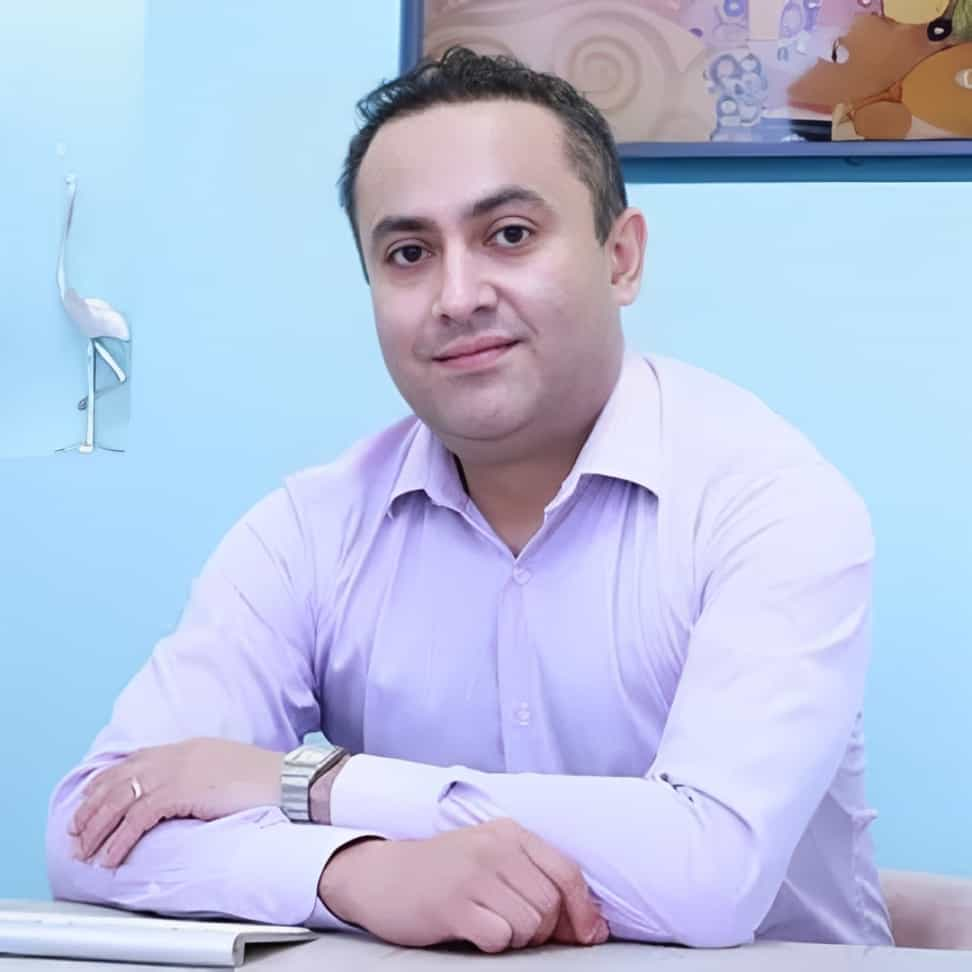
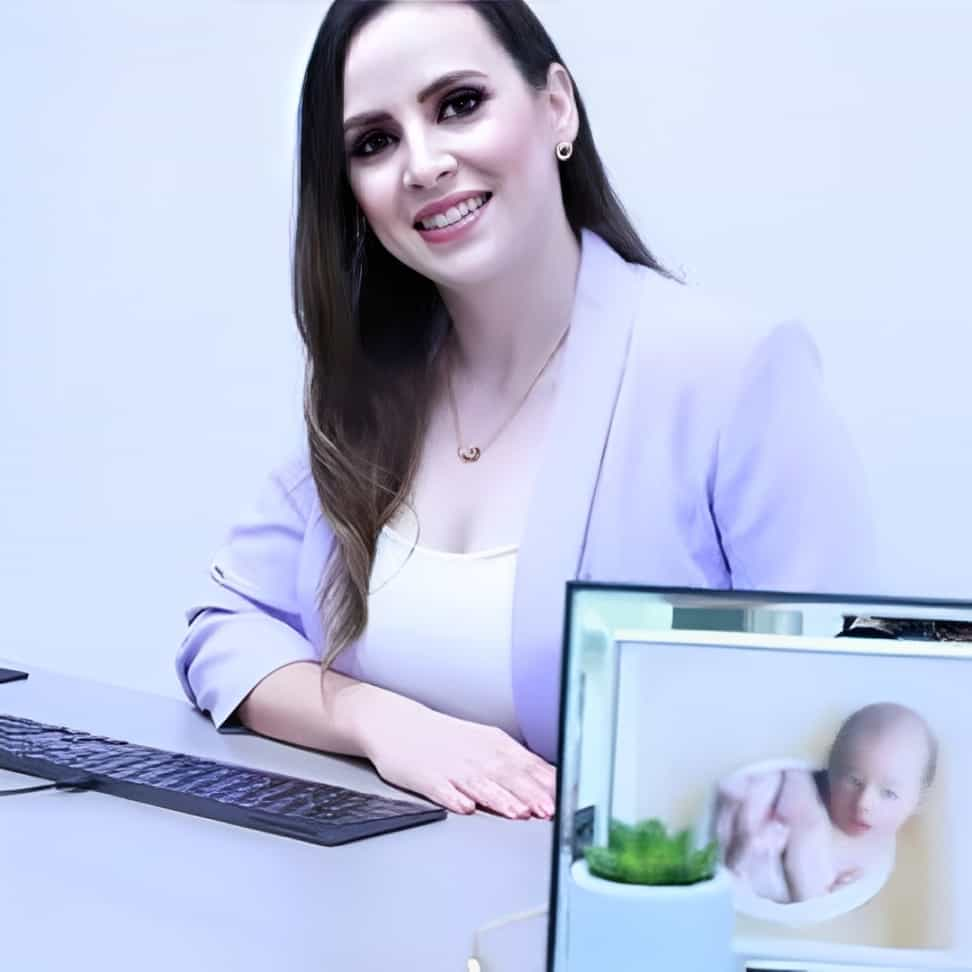
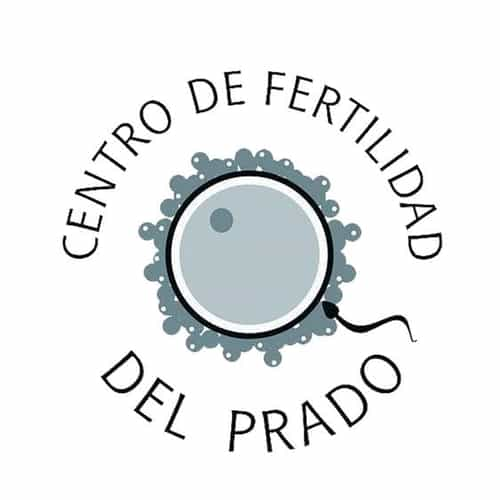
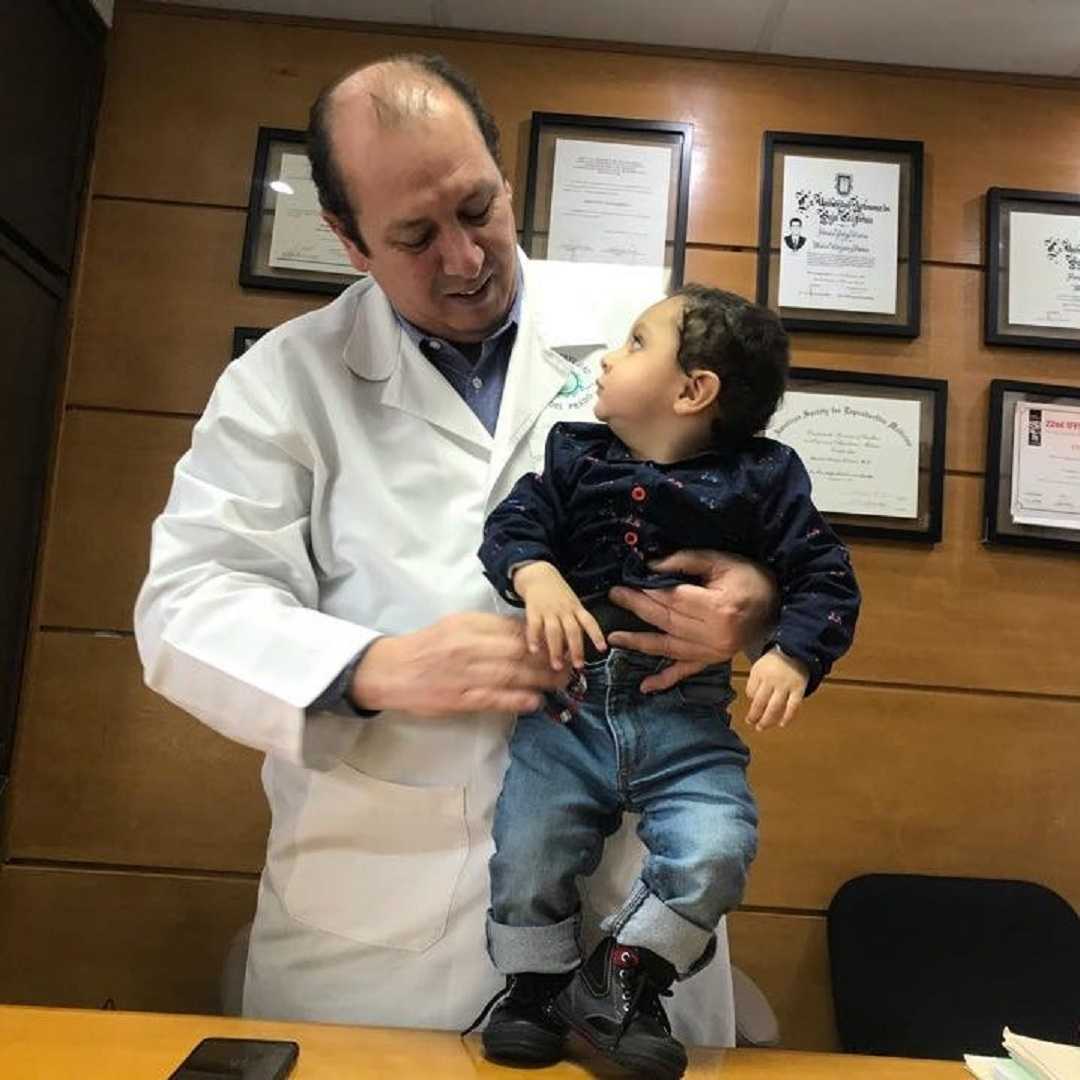
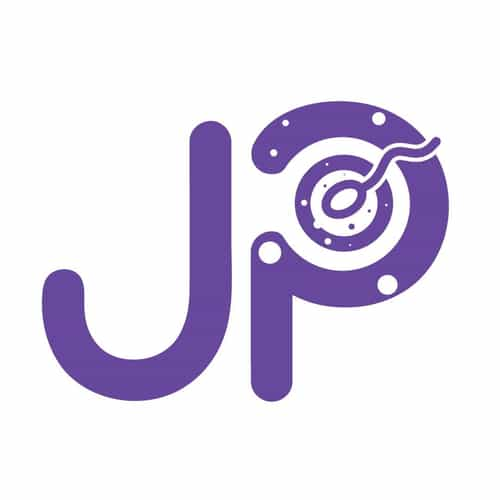


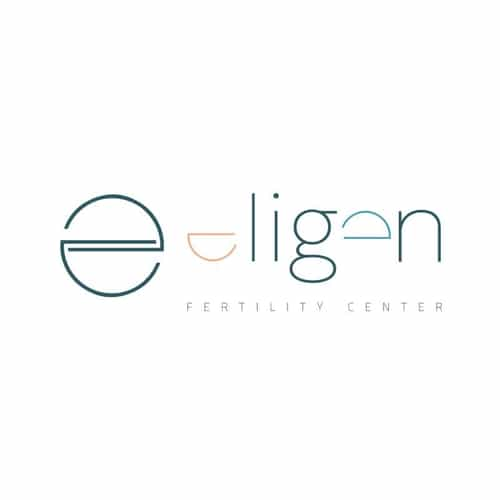

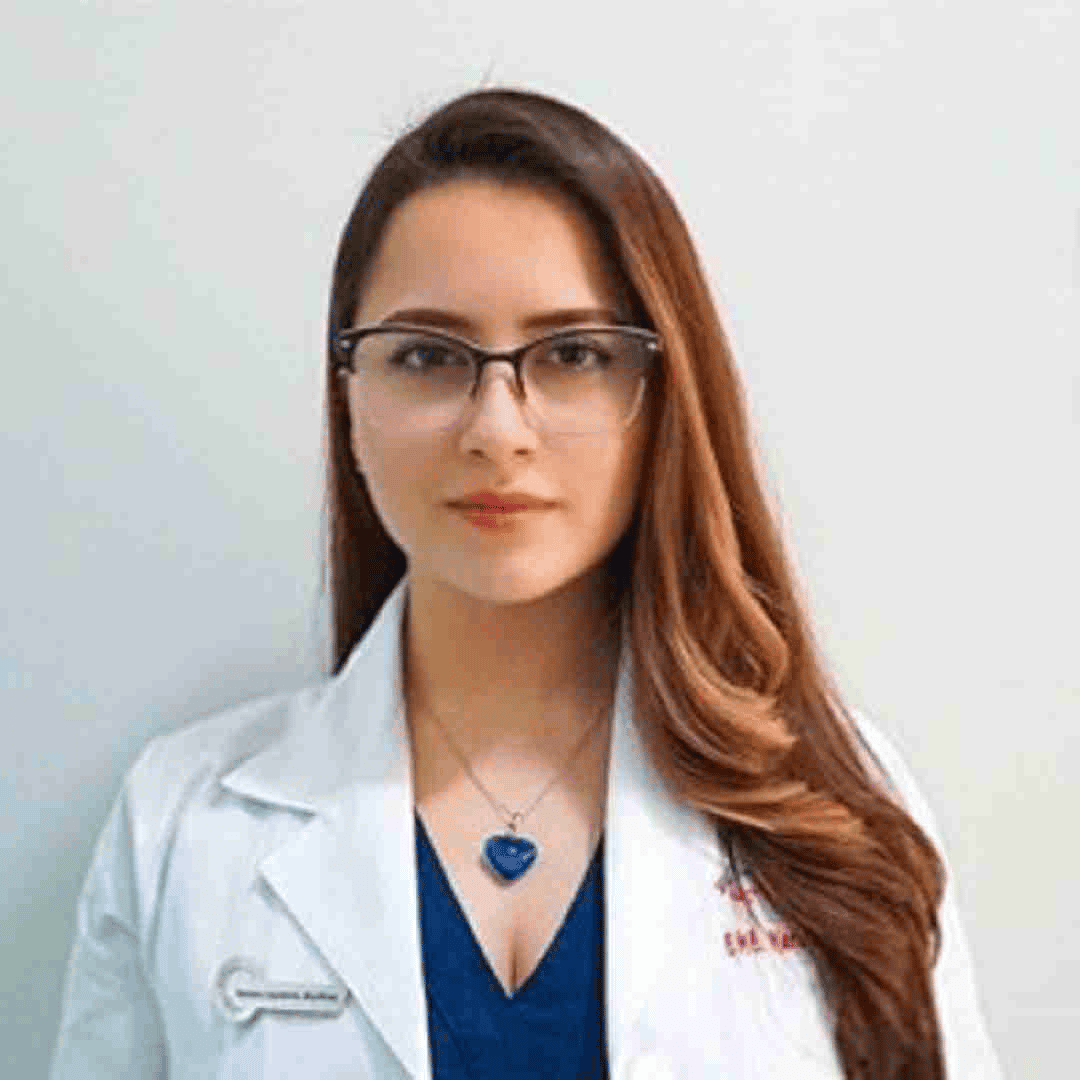
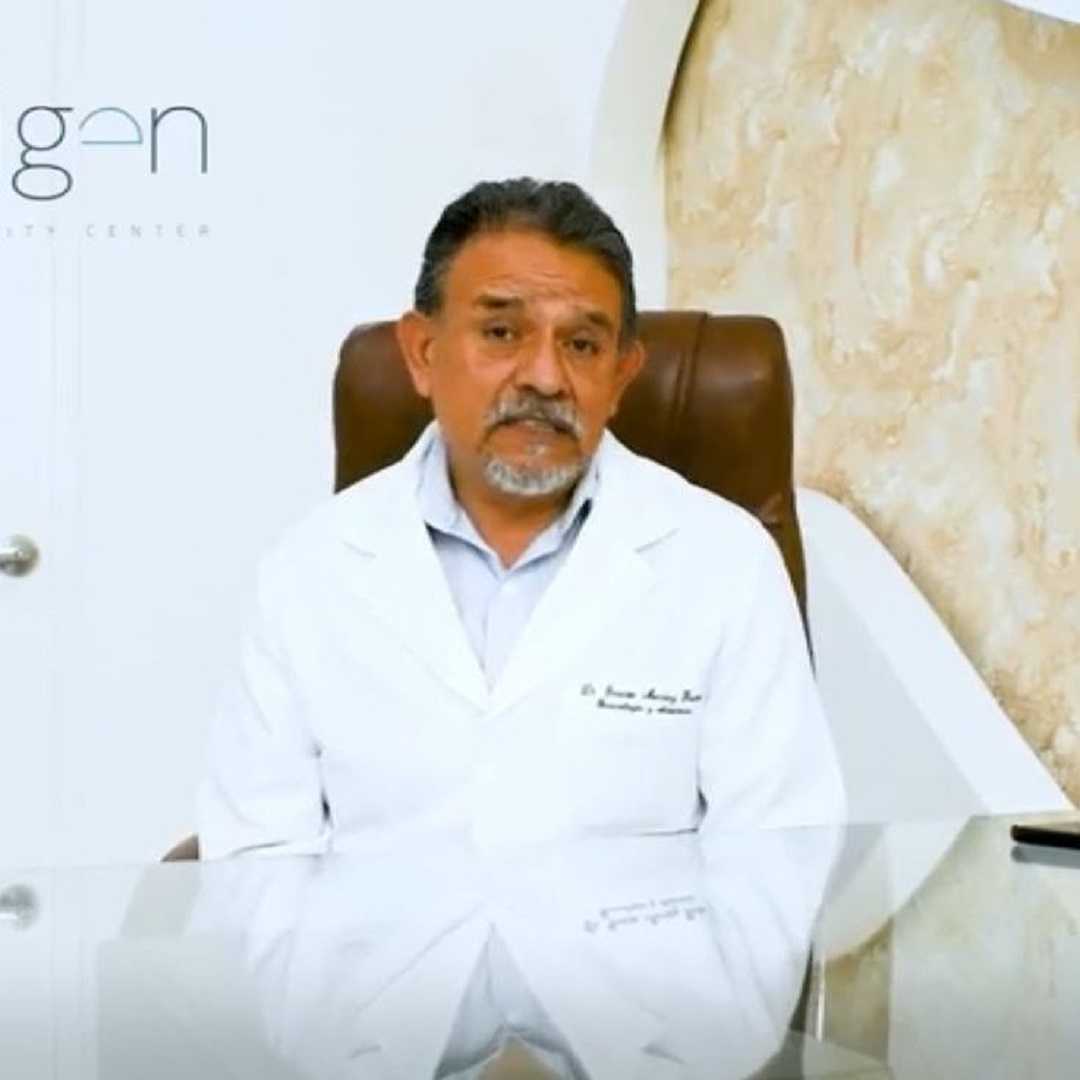
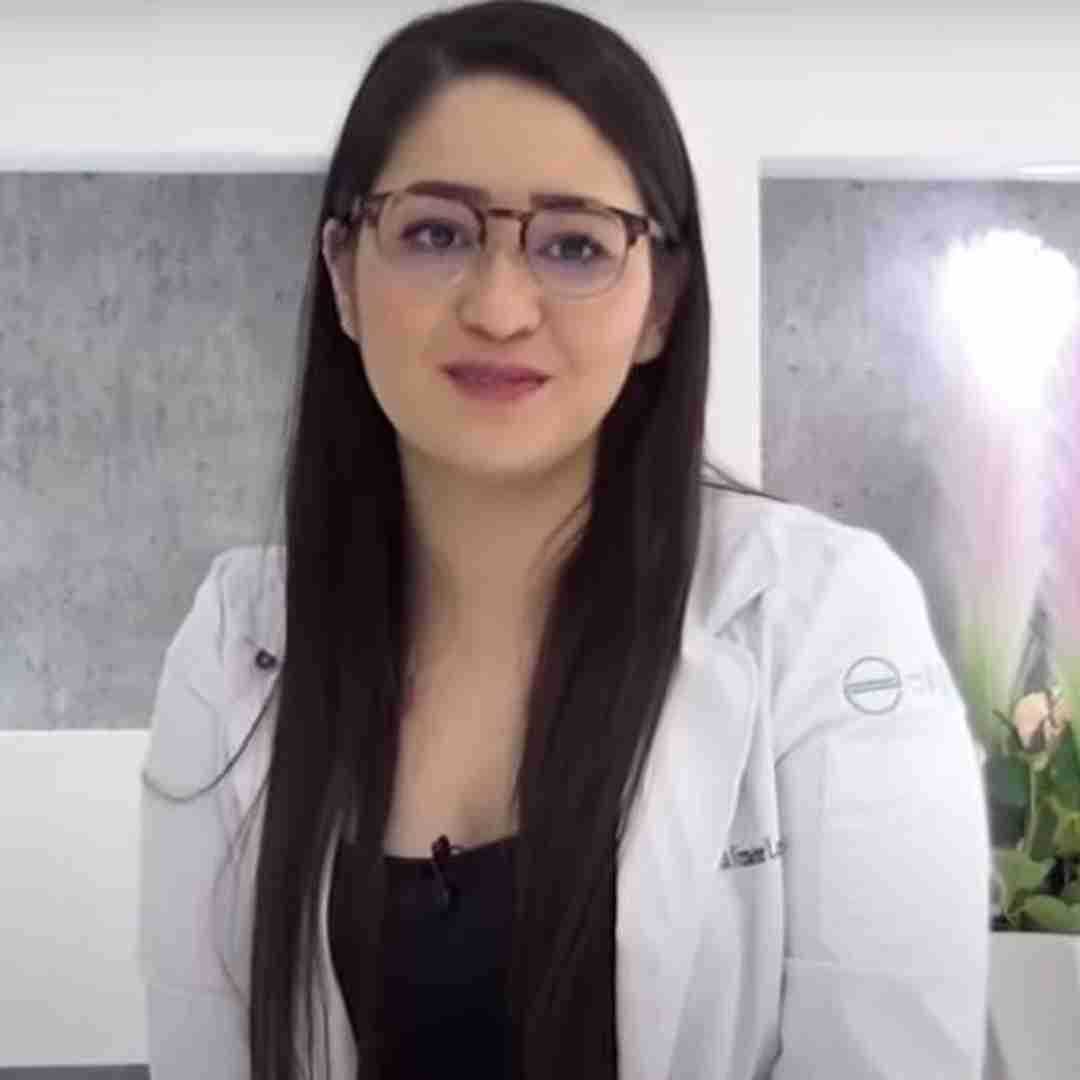
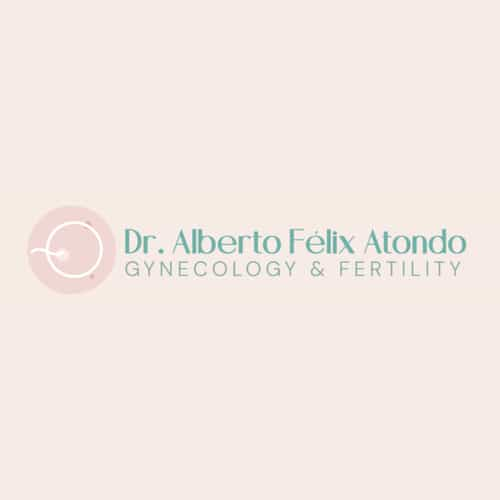
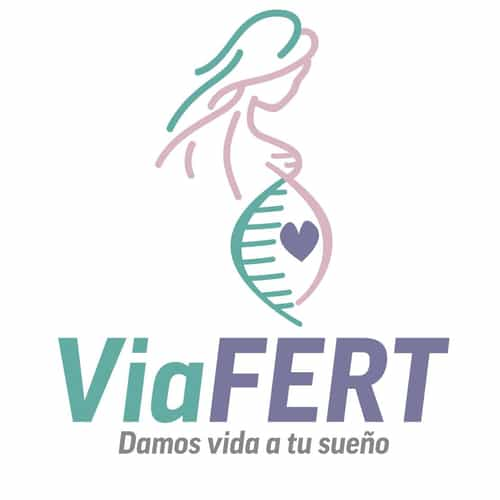
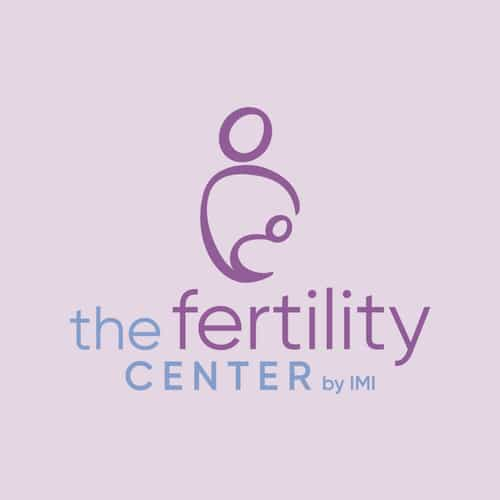

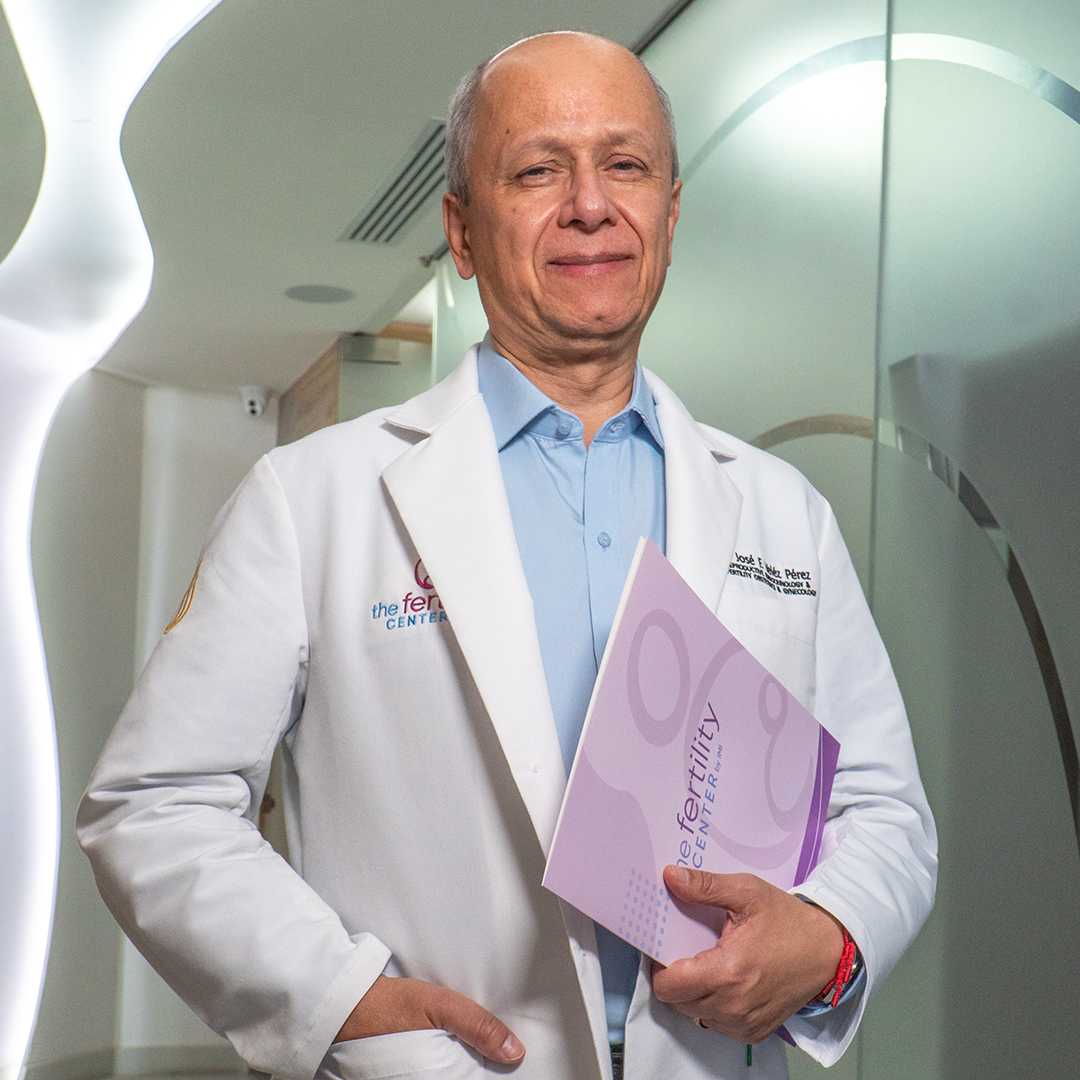
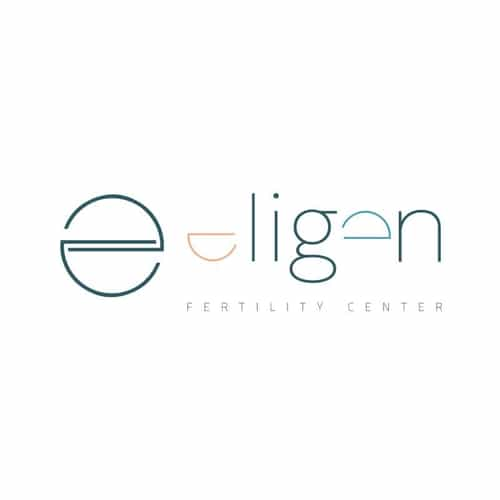
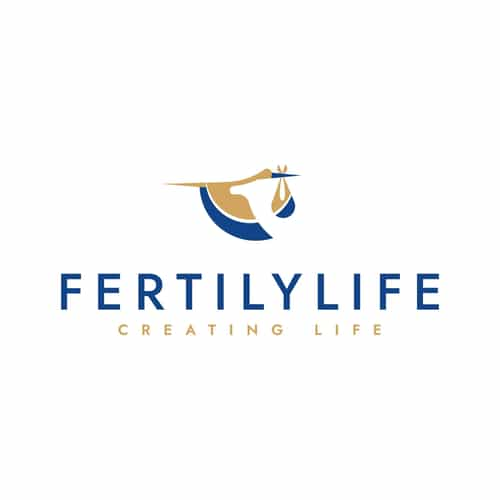

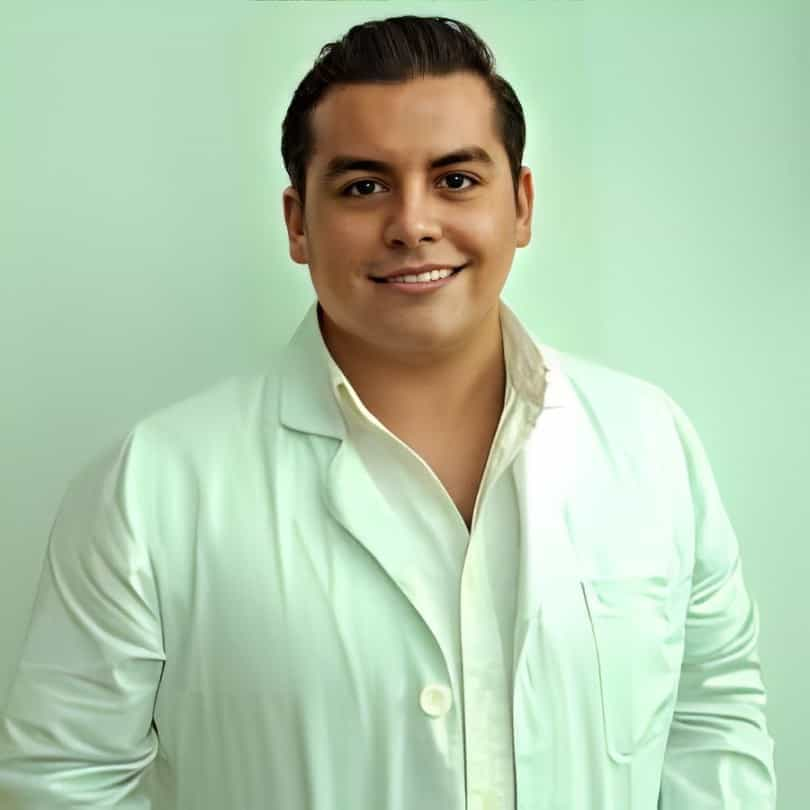
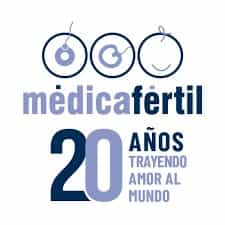


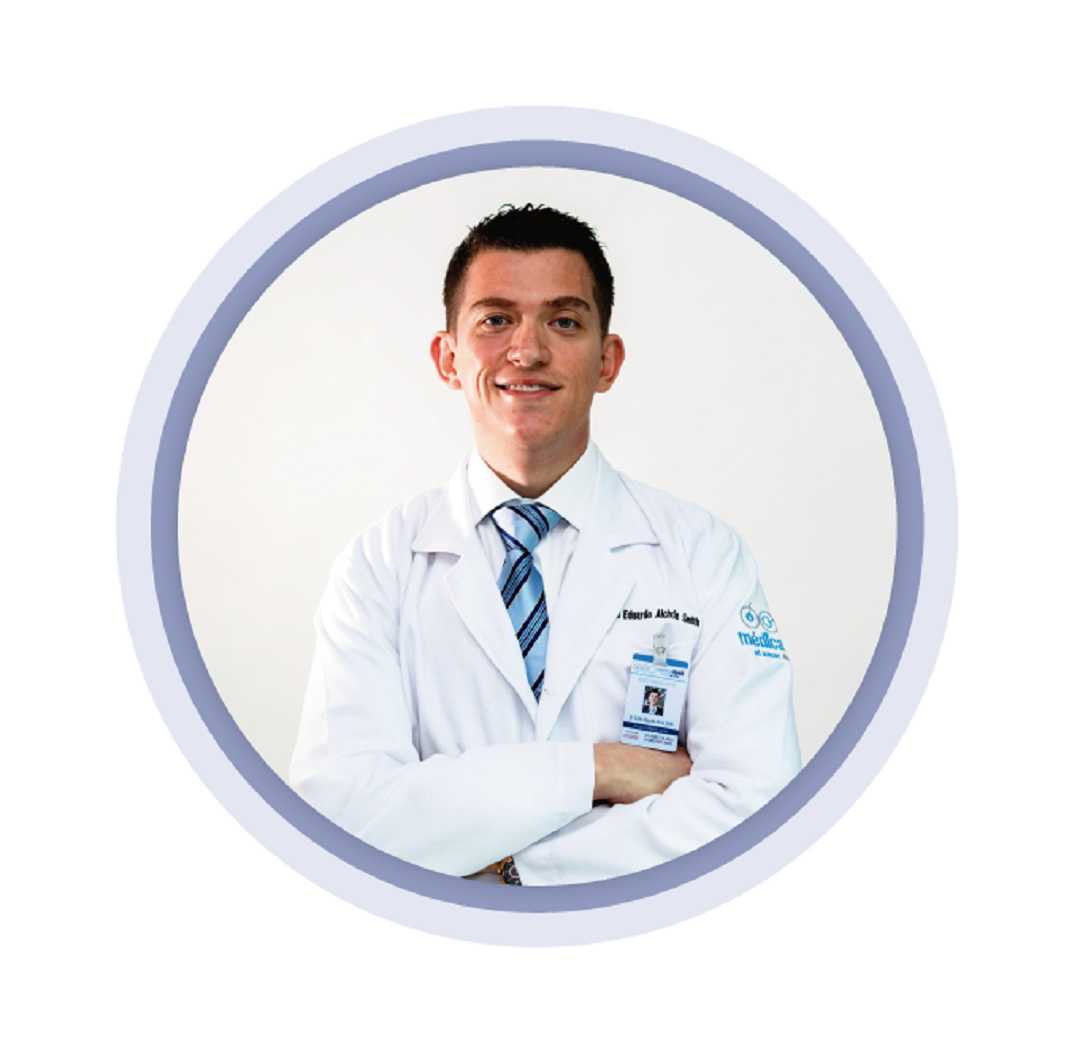
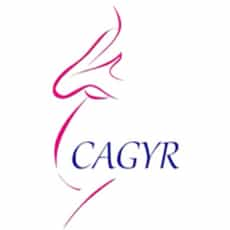

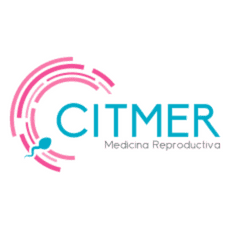
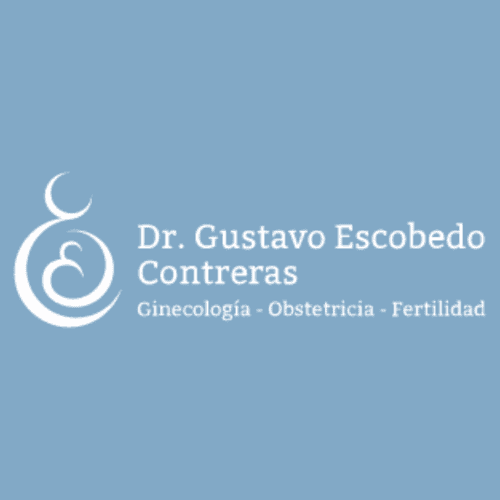

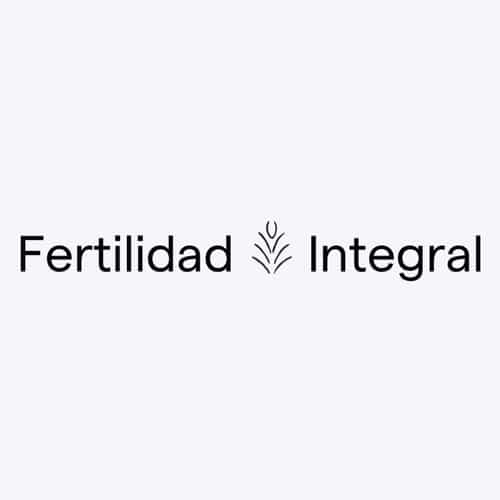
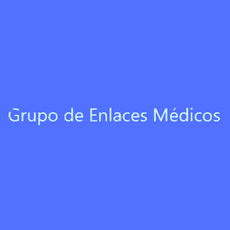
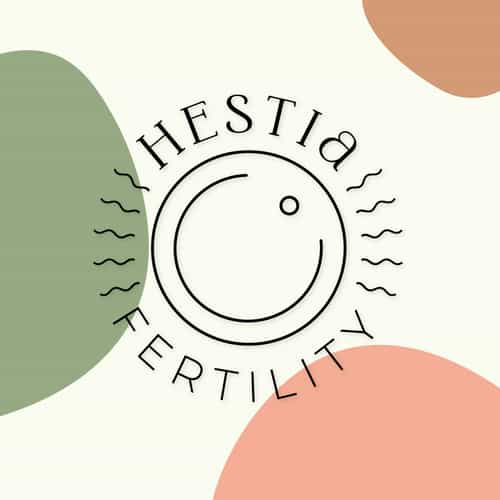
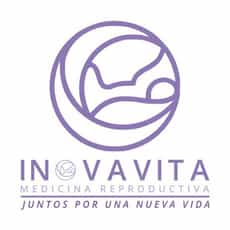
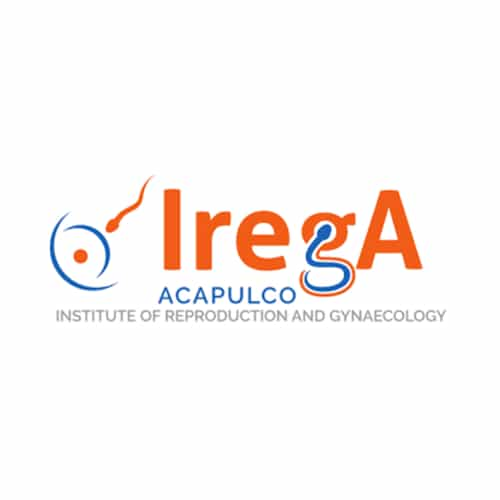
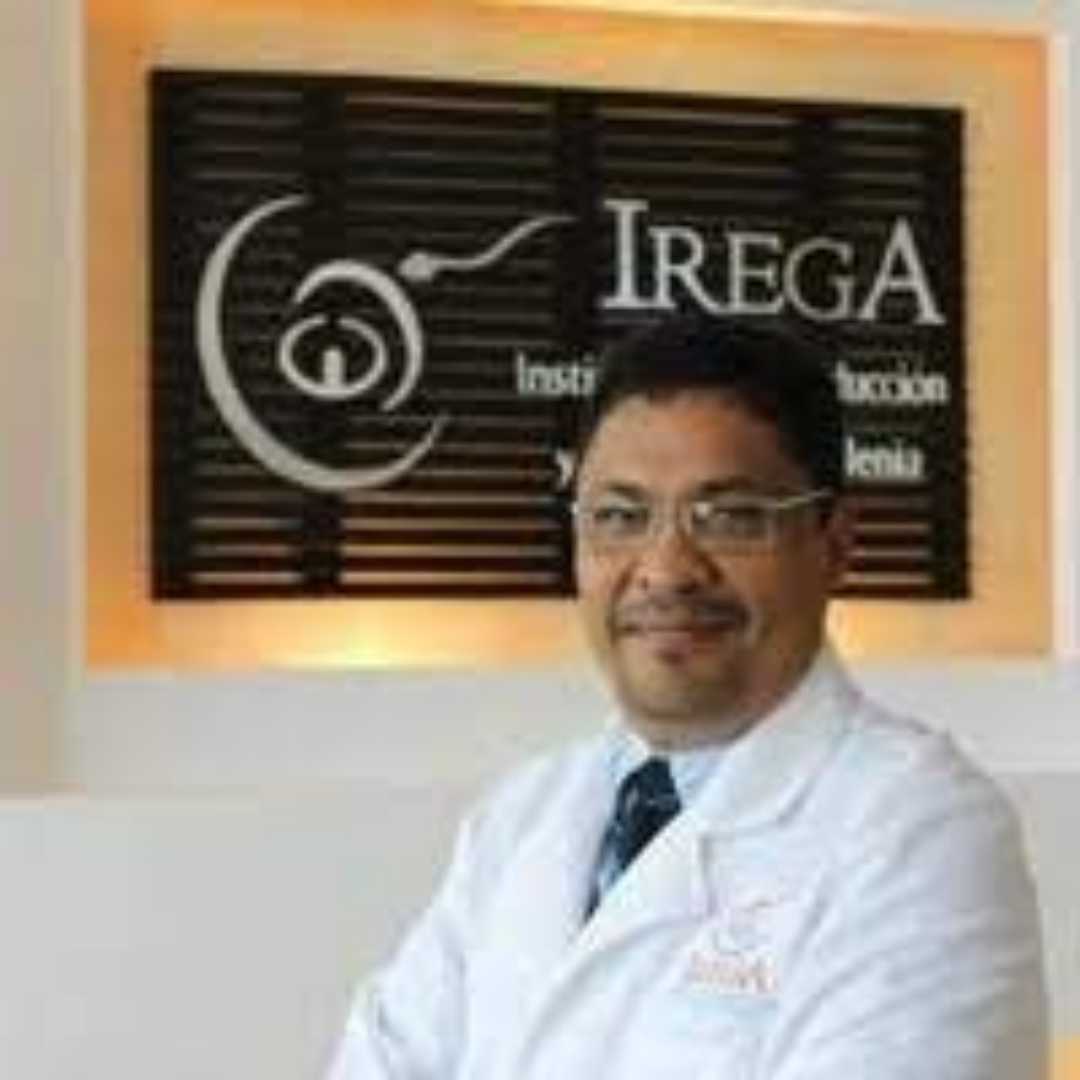




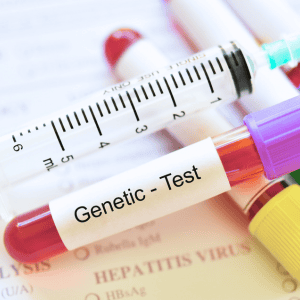



.png)

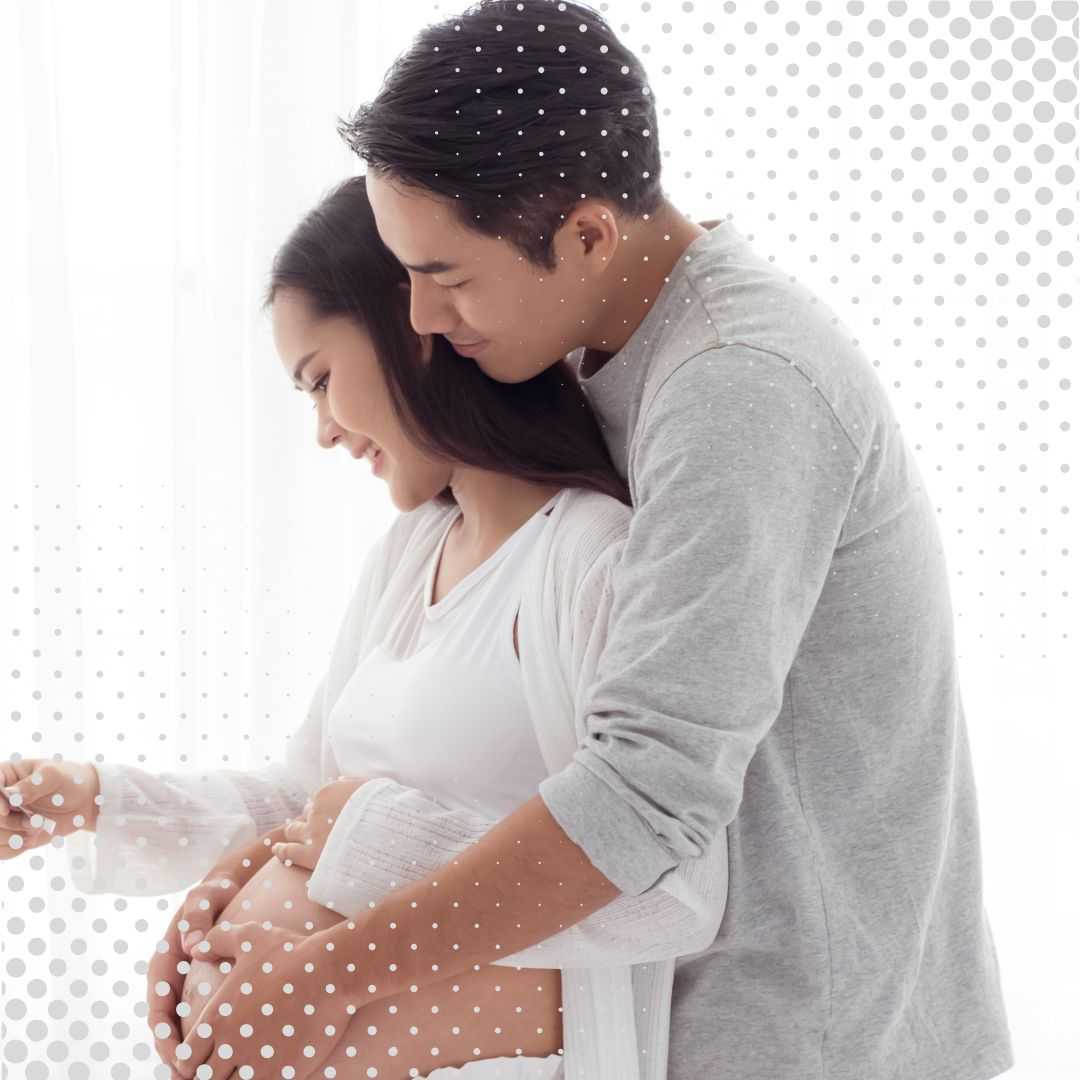
.png)

Assisted reproduction specialists at the Meadow Fertility Center are references in human reproduction in the Northwest of the country and Southern California. For 20 years, they offer first-rate, infertility, IVF and Gynecology treatments. Dr. Horacio Ortega has been my lifelong gynecologist and the women in my family, and we are extremely grateful to him and the clinic. Highly recommended.
Read More